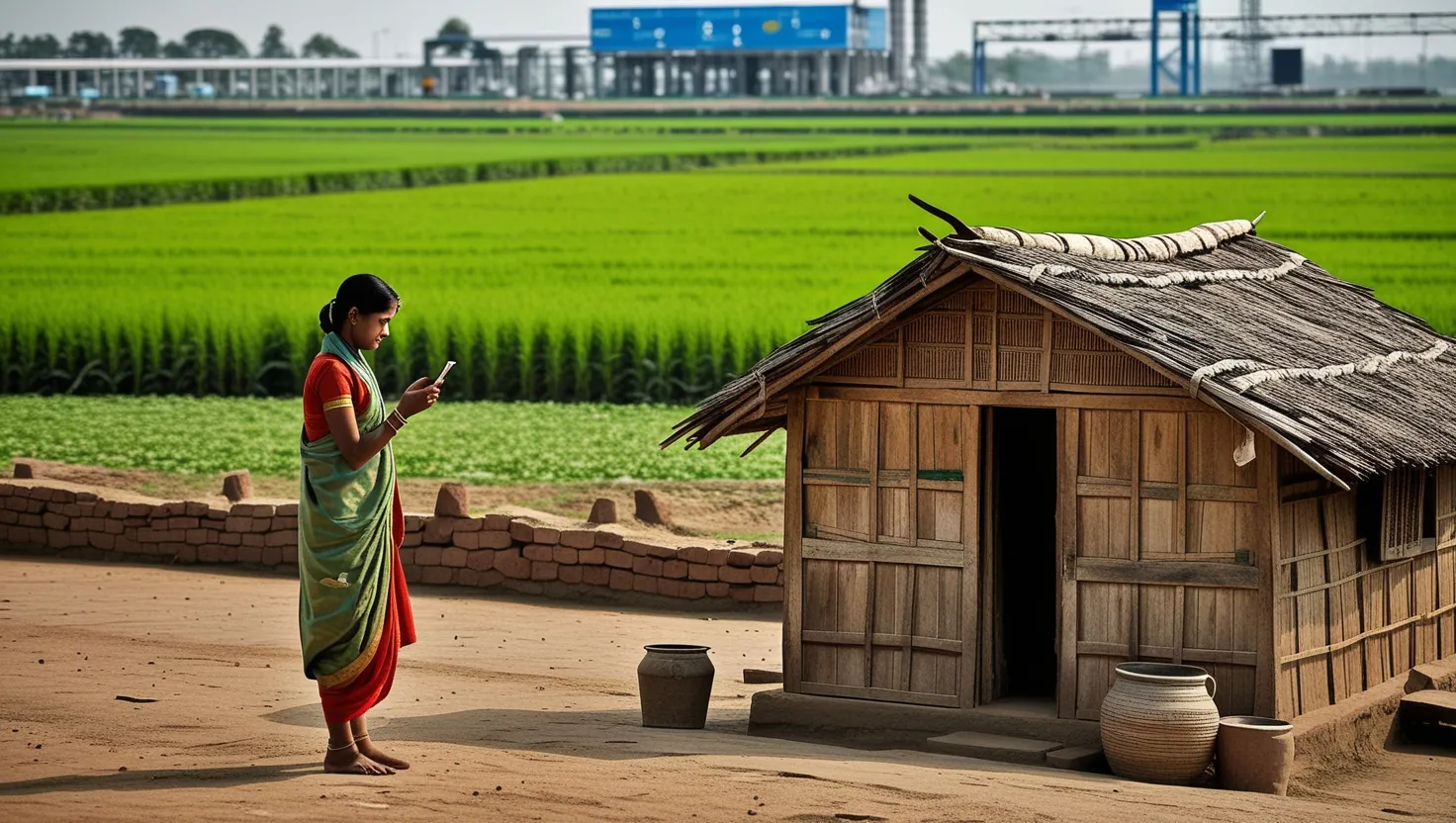6 Innovative Digital Governance Trends Transforming India's Administration
Explore India's digital governance trends: AI chatbots, blockchain, cloud adoption, IoT, cybersecurity, and open data. Discover how technology is transforming public services and citizen engagement.

India's Healthcare Revolution: 7 Key Policies Reshaping the Nation's Medical Landscape
Discover India's healthcare transformation: Ayushman Bharat, digital health records, affordable medicines, medical education reforms. Learn how new policies are reshaping the nation's health landscape.

NEP 2020: Revolutionizing India's Education for 21st Century Success
Discover India's education revolution: NEP 2020's shift to holistic learning, vocational skills, and tech integration. Learn how these reforms shape future-ready students. Explore the impact now.

India's Financial Revolution: How PMJDY Transformed Banking Access for Millions
Discover how India's banking revolution has transformed financial inclusion. Learn about PMJDY, UPI, and more initiatives driving economic growth. Explore the future of banking in India.

India's Foreign Policy Shift: Navigating Global Power Dynamics in 2023
Explore India's evolving foreign policy: Quad Alliance, Middle East ties, Russia-West balance, Africa relations, climate commitments, and China strategy. Discover India's global leadership journey.

5 Groundbreaking Infrastructure Projects Transforming India's Urban Landscape
Discover 5 transformative infrastructure projects reshaping India's urban landscape. From smart cities to metro expansions, explore how these innovations are revolutionizing city life. Learn more now.

10 Game-Changing Agricultural Policies Transforming Rural India's Farmers
Discover how innovative agricultural policies are reshaping rural India's farming landscape. Explore government initiatives boosting farmer incomes, modernizing practices, and ensuring food security. Learn more now.

India's Startup Revolution: How Recent Reforms Are Fueling Entrepreneurial Growth
Discover how recent economic reforms in India are transforming the startup landscape. Learn about ease of doing business, tax benefits, and foreign investment changes driving innovation and growth. Click to explore.

India's Green Revolution: 5 Key Policies Shaping a Sustainable Future
Discover India's green revolution: 5 key environmental policies shaping a sustainable future. From clean air to renewable energy, learn how India is tackling climate challenges. Act now for a greener tomorrow.

6 Landmark Supreme Court Rulings Reshaping India's Social Landscape
Explore 6 landmark Supreme Court judgments reshaping India's social fabric. From LGBTQ+ rights to privacy, discover their impacts on society. Learn how these rulings are driving change and debate.

Global Financial Trends Reshaping India's Economic Landscape in 2024
Explore how global financial trends shape India's economy in 2024. From supply chains to green finance, learn their impact on policies, businesses, and jobs. Discover opportunities and challenges ahead.

India's Digital Revolution: 5 Key Reforms Shaping the Future Economy
Discover India's digital revolution: reforms driving economic growth, from Digital India to 5G. Learn how technology is reshaping life and work. Explore the future of India's digital landscape.

Mindful Money: Unlock Financial Freedom and Inner Peace with This Simple Approach
Discover mindful money management: Balance finances with emotional well-being. Learn practical tools to reduce stress, align spending with values, and achieve lasting financial peace.
